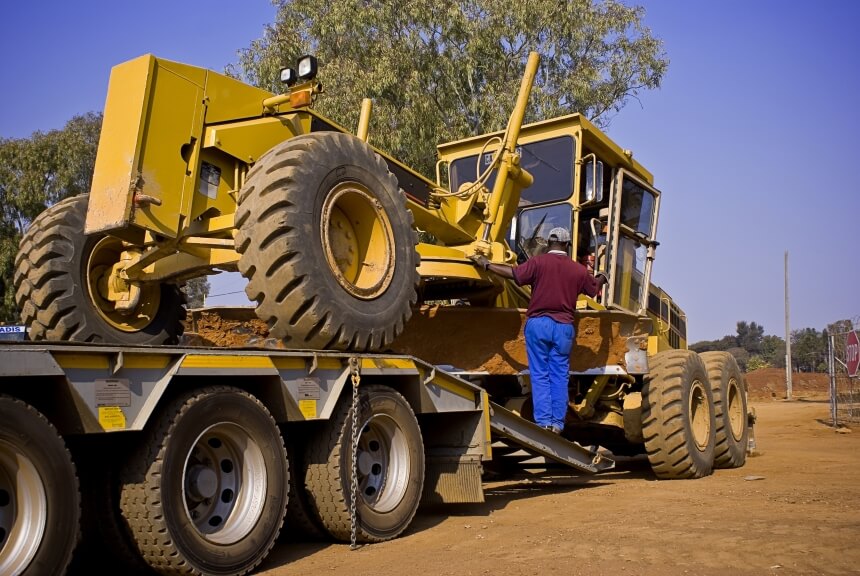
The Australian Manufacturing Workers’ Union (AMWU) has labelled mining manufacturer Caterpillar’s drug and alcohol testing plans ‘outdated’. It has opposed workplace drug testing proposed for a manufacturing plant at Burnie in Tasmania on the grounds it was too invasive.
Plans by Catepillar to conduct employee drug testing through urine samples instead of saliva is ‘outdated’ and ‘messy’, according to the AMWU.
The union said the company seemed more intent on controlling workers’ lifestyles out of hours than in the workplace.
AMWU Tasmanian president Shane Littler said workers at Catepillar’s Bernie site were not opposed to onsite drug testing in principle but objected to urine-samples being taken.
He said other workplaces had adopted saliva drug tests.
“Tasmania Police, other mainland forces as well as many large Tasmanian companies are using saliva tests, not urine tests,” Mr littler said.
“Our concern with Cat management’s proposed method of testing (is that it) is outdated, messy and can give false readings.
“If a saliva method of testing is OK for the Tasmanian police and other Tasmanian companies why is it not OK for a large American company?”
Heated debate
Debate over whether employers should use saliva or urine samples to conduct workplace drug testing has been a point of contention between unions and company management.
A recent case before Fair Work Australia involved mining contractor HWE and the Construction, Forestry, Mining and Energy Union. It centred on the rights of HWE to continue to use urine drug tests despite the availability of an Australian Standard for saliva drug tests.
Fair Work ruled in favour of the mining contractor and accepted claims that saliva tests had shortcomings which could impact on safety in some workplace environments.
Urine and saliva drug testing can identify the presence of drugs at different concentrations and will detect drugs such as cannabis at various stages after use. Other issues to consider when deciding between saliva and urine based testing include:
- The cost of drug and alcohol testing for the different sampling methods;
- The availability of drug test equipment; and
- Ensuring samples are not switched or altered (chain of custody is generally easier when collecting and testing saliva samples);
Leading drug testing equipment supplier CMM Technology said the decision over whether to use urine or saliva for drug testing purposes needed to be decided on a case-by-case basis.
“There’s no one solution that’s right for every workplace,” director Murray Simon said. “The most obvious advantage of an oral sample over testing a urine sample is ease of collection and a reduced risk of tampering.
“Urine tests have high detection rates, and new technology such as our synthetic cannabis urine test is keeping on top of newer drugs and those trying to cheat onsite drug tests.”
For more information about drug testing equipment contact CMM Technology on 1300 79 70 30.
Sources:
http://www.amwu.asn.au/read-article/news-detail/807/Outdated-drug-testing-plan-will-fail-Caterpillar-workers/
http://www.australianresourcefocus.com.au/index.php/2011/11/18/urine-tests-outdated-says-union/
Categories
Archive
- February 2022
- October 2021
- June 2021
- November 2020
- October 2020
- June 2020
- March 2020
- February 2018
- December 2017
- August 2017
- February 2017
- September 2016
- August 2016
- October 2013
- September 2013
- July 2013
- May 2013
- February 2013
- December 2012
- November 2012
- August 2012
- June 2012
- February 2012
- December 2011
- October 2010
